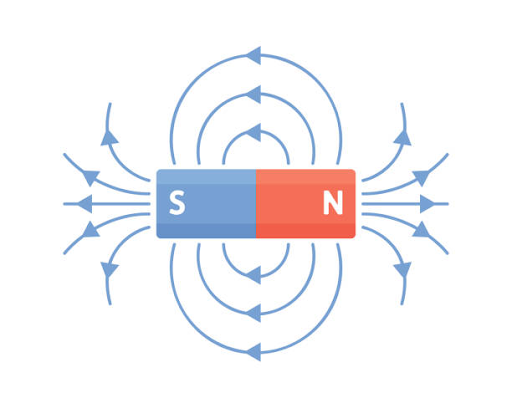"That is the question". Just like that, and a bit shamelessly, I managed to borrow from Shakespeare and pretend I've read Hemmingway's book, "To Have and Have Not". So, no, this is neither a review nor critique of "Hamlet" and Hemingway's work. However, it is almost too easy to correlate the two titles - "To be or not to be" and "To have and Have Not" because what else could conceivably, if not logically, follow but, "That is the question". I think I got that all cleared away.
To have - whatever it is we want to possess - is not only a fundamental human trait, but true as well for every living thing. "To have" is as basic a possessive desire by us as it is for a chimpanzee or chipmunk, or for an eagle or egret.
Furthermore, before we get to the nitty-gritty, the English language being the way that it is, or aside from being the most effective communications tool in modern-day languages, gave us along with "to have" - two other so called auxiliary verbs : "to be" and "to do".
I think it is fascinating - the English language, that is - and by that let's just get to a few examples;
"To have" is a main verb in, "We have a good conversation".
It becomes an auxiliary verb in, "Having said that, let's go to the next subject".
Now even more fascinating, it can be both an active and auxiliary verb in the same sentence, even in consecutive order as in, "We have had these conversations before". Or, "Some of our colleagues though had had a difficult time maintaining a conversation earlier today".
So, aside from its ability to confuse and frustrate a non-English speaker, English can be challenging and fascinating to anyone trying to learn it. And "to have" is one impactful and effective verb the non-native speaker of the language will have learned over time {see, now it is used as a future perfect tense, another tool for the English student}.
Now, and not a second too soon, let's disentangle ourselves from the methods and madness that is English grammar. Let's talk about what it feels like to have and then to have not.
From an earlier blog I wrote then, "No one appreciates what it is to have who does not realize what it is like to have nothing". Indeed, our desire to have may only be equaled by our fear of losing what we just had. More often than not, those born with the riches their parents worked so hard to have, have little appreciation for it because they do not have the inherent fear that their parents had of losing what may have taken years to have.
And that could very well be happening to an almost three century-old republic where those who inherited its riches are prone to not appreciate what it is they have until it is no longer there. When Benjamin Franklin was asked if what the founding fathers created was a monarchy or a republic, he replied, "A republic, if you can keep it". History tells us that for hundreds and hundreds of years people - emperors and kings, benevolent leaders and despots alike - failed to keep kingdoms and governments to continue their intended existence over time. In fact, on average, empires and kingdoms did not last for more than 250 years.
Failing to appreciate what it was they had was and will always be the real, if not the only, reason for people's inability to keep what they had until it was no longer there. Unfortunately, for nations and empires, how it happens is imperceptible until they find out that the slow ebbing of the tide of power is realized too late.
Such power this nation attained, economic and military, was purchased with blood and the sacrifices of countless individuals to attain and keep for well over two hundred years. Battles were fought here and abroad in the name of freedom. Young people in the prime of their lives shipped out to foreign shores to defend people they did not know, countries they've never heard before until the time they were called upon to offer themselves at the altar of freedom for those gripped by tyranny and injustice.
Today, we are merely asked to set aside Memorial Day in honor of those men and women.
To have and have not are always bookended by honor and sacrifices. Benjamin Franklin seemed to have warned and worried about whether the young nation then could actually keep what it just had for far longer than many others that preceded it from all corners of the world from centuries past.
"To have" took a strong moral compass that guided this nation. To not have to rely on that compass any longer is the surest path to losing what it had enjoyed for the last two-and-a half centuries.
Since I have not read Hemingway's book I have no idea what he had in mind. Of course, he had a knack for book titles that were often intriguing, such as, "Farewell To Arms", "The Sun Also Rises", "For Whom The Bell Tolls, "True At First Light", etc.
Someday I will read, "To Have and Have Not" but for now it suffices as an encouragement for us to value what we have and be constantly vigilant that for something to have not is easier to attain than it was to have had it in the first place.



